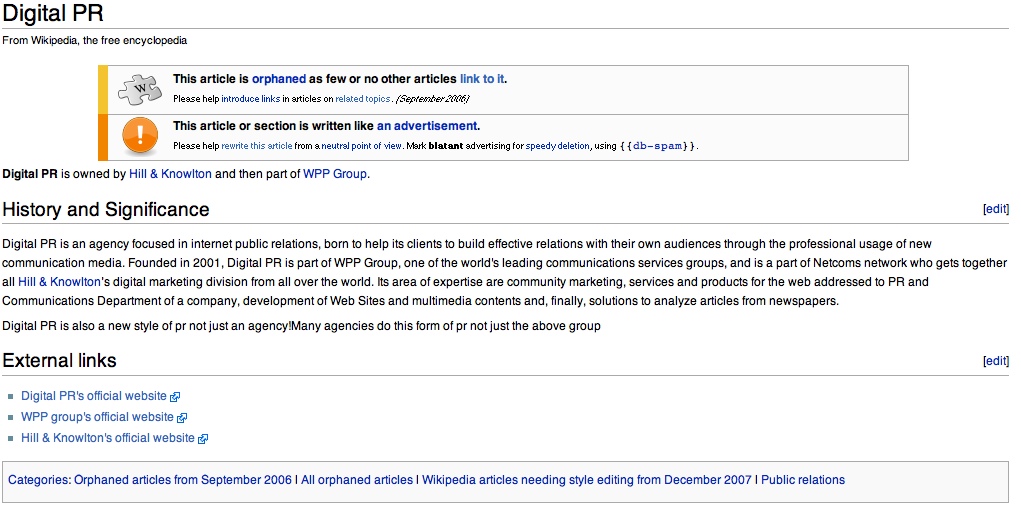The reaction to my post yesterday about Can Journalists Write Great Marketing Content has been interesting.
It is by no means my most widely read post (my snippet on Mike Magee’s last hurrah for PR gets that honour – though that one clearly benefited from a Stumbleupon recommendation). It has however generated comments from the likes of David Meerman Scott, Sally Whittle and Ian Betteridge. And as my blog posts get automatically posted to the Marcom Professional social network site, others have picked up on it there.
I also had a comment from Joe Pulizzi at Junta42 in the US – I’ve never had any dealings with Joe before, so I took a look at his website – and what do you know, there is some good content there. Indeed, he has a useful e-book on content marketing – which he is happy for people to freely share and distribute – so in the spirit of co-operation, here it is. Get Content, Get Customers – Joe Pulizzi and Newt Barrett
However, the really interesting feedback to yesterday’s post was in relation to a new business lead. We’d been recommended to someone and arranged to talk to them today. A few days earlier, I’d suggested checking out our website and my blog to get an idea of our approach and ethos. Speaking to our prospect this morning, they remarked how interesting this particular post had been – it also encouraged them to look at David Meerman Scott’s site and gave them a pile of ideas as to how they might approach PR and marketing.
Now at this stage, I’ve no idea if we will win this business or not. But even if we don’t, I’m sure that this person will recommend us to others.
So what has all this got to do with measuring the ROI of a blog post?
First, I hear from a lot of people who are very cautious and sceptical about the value of blogging and its ilk. They want to know what kind of return you will get for investing time and energy in this activity.
The point is, when I wrote this post, I could never have predicted the response it would get (and this is only in the space of 24 hours). My reward for spending, at most, 15 mins reading some RSS feeds and writing the subsequent post could be worth £000s of business. Even if this particular lead goes nowhere, it has helped to enhance our word of mouth reputation a little further. And brought to my attention useful info I probably would never have come across in any other way (and by definition, it brings it to the attention of my readers as well). So a kind of Law of Unexpected Consequence is at play here.
I don’t want to go too overboard about one blog post – but if someone asks you about blog ROI, ask them how they would best maximise 15 mins of their valuable marketing time. And then point them point here.

